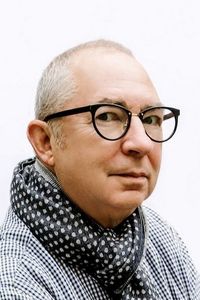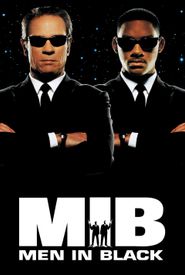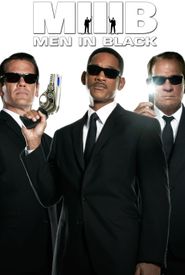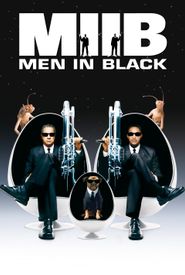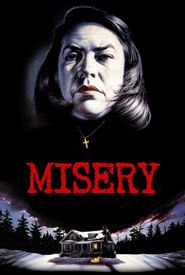Barry Sonnenfeld, a renowned filmmaker, was born and raised in the vibrant city of New York. He embarked on a remarkable journey in the world of cinema by graduating from New York University Film School in 1978. His early career took off when he worked as a director of photography on the critically acclaimed film "In Our Water" in 1982, which garnered an Academy Award nomination.
Subsequently, the visionary duo Joel Coen and Ethan Coen entrusted Sonnenfeld with the responsibility of capturing the visual essence of their films, including "Blood Simple" in 1984, "Raising Arizona" in 1987, and "Miller's Crossing" in 1990. This marked the beginning of a long-standing collaboration between Sonnenfeld and the Coen brothers.
During this period, Sonnenfeld also worked with other acclaimed directors, such as Danny DeVito on "Throw Momma from the Train" in 1987, and Rob Reiner on "When Harry Met Sally..." in 1989 and "Misery" in 1990. His impressive portfolio of work caught the attention of Orion Pictures, which entrusted him with his first directorial project, "The Addams Family," released in November 1991. The film's box-office success was followed by its sequel, "Addams Family Values," in 1993.
Sonnenfeld's fourth directorial effort, "Get Shorty," in 1995, received widespread critical acclaim and earned a Golden Globe award for best male performance. This achievement paved the way for his next project, "Men in Black," in 1997, which was produced by Steven Spielberg and starred Tommy Lee Jones and Will Smith. The film's massive commercial and critical success solidified Sonnenfeld's position as a leading filmmaker.
He continued to impress audiences with his work on "Wild Wild West" in 1999, an adaptation of an old TV series, and "Big Trouble" in 2002. His most successful film sequel to date is "Men in Black II," released in 2002. Throughout his illustrious career, Sonnenfeld has demonstrated his versatility and skill as a director, consistently pushing the boundaries of his craft and captivating audiences worldwide.
